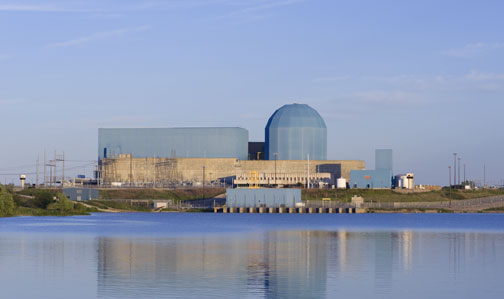Senate confirms 3 FERC appointees

The U.S. Senate voted last week to put three new members on the Federal Energy Regulatory Commission, a bipartisan energy oversight board.
The chamber confirmed the nominations of Republican Lindsay See and Democrats David Rosner and Judy Chang. The votes on the nominations were 86–9, 68–26 and 63–33, respectively.





